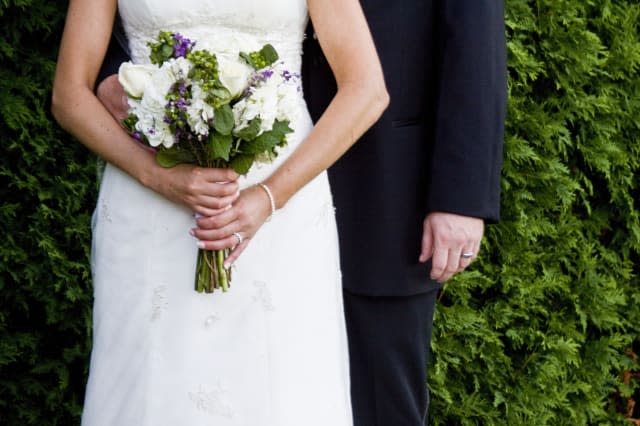The tax bonus 3.7m married couples haven't claimed

Last April a new tax break was introduced that entitled four million married couples and civil partners to an annual £212 payment. Nearly one year on, it's been revealed only 8% of those eligible have made a claim. That's a huge 3.7 million couples who haven't claimed money they could be entitled to.
So who can get it, and how do they do it?
Our FAQs should answer all your questions, and hopefully earn you an extra couple of hundred pounds!
What is the Marriage allowance?
We all get a personal tax allowance each financial year. In 2015/16 it's £10,600, and in April 2016, it will go up to £11,000. This is the amount we can earn before any tax is due.
The Marriage Allowance – not to be confused with the Married Couples Allowance – lets married couples or those in a civil partnership transfer part of their personal tax allowance between them.
Who can get it?
One half of the couple has to have an income of less than £10,600 a year.
The other half has to earn more than that but not more than £42,385 – this puts them in the basic tax rate.
You both need to be born after April 1935.
How it works
Since the lower earning half of the couple won't be paying tax on any of their income, they can transfer 10% - or £1,060 – to their partner's personal tax allowance.
The higher earner then starts paying tax on income over £11,660, rather earnings of more than £10,600.
How much you get
For this financial year, it equates to 20% of £1,060, which works out as £212 extra.
The transfer does mean the lower earner reduces their personal allowance too. Only couples where the lower earner makes less than £9,540 will get the full £212. For every extra £100 they earn, the tax benefit reduced by £20.
How to get it
You need to apply, which you can do on the Marriage Allowance website. You'll need both your National Insurance numbers and proof of your identity.
Once successful, you don't need to do anything else. The higher earner will get the extra income through their payslip.
How long you get it for
The payments carry on each year without the need to reapply.
However, if one of you earns more money which then takes you beyond the earnings thresholds, or your situation chances such as getting divorced or one of you dies, you need to let HMRC know, and the payments will stop.
What if you've missed it?
You can still apply for the last year, and eventually you'll be able to backdate claims for up to four years.
Got kids and on a low income? Child tax credits could help you with costs
This article is provided by the Money Advice Service.






